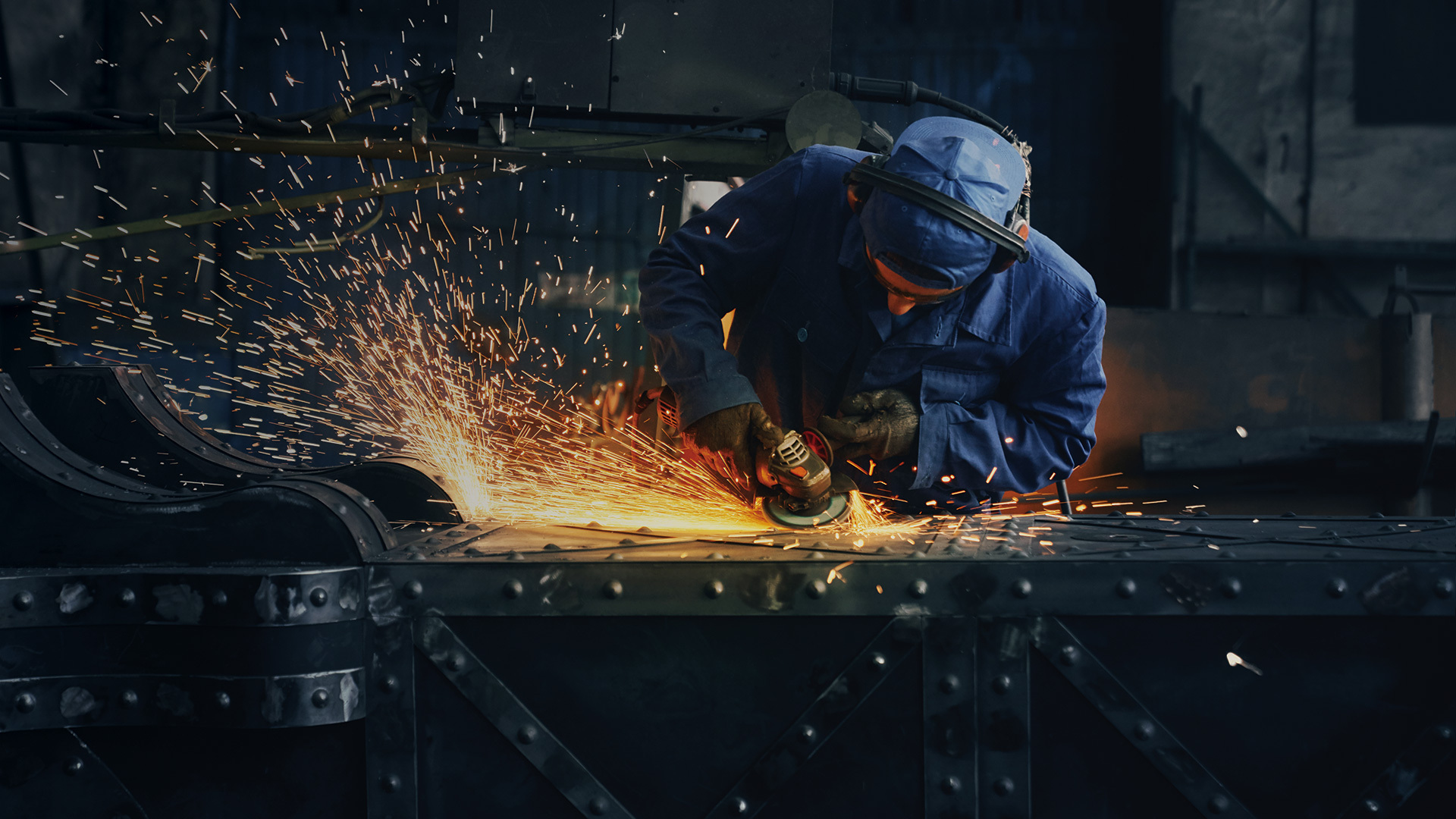Aluminum is the most common metal in the Earth’s crust, yet we didn’t even know it was there until about 200 years ago. Now it’s everywhere—making life better, safer, and more comfortable for us all.
A Precious Discovery
Alum was discovered way back in the 5th Century BC. Revered throughout the Middle Ages as a precious metal, alum was at one point considered more precious than gold. Scientists would have to tease the metal out of alum, but this process was very costly. That all changed in 1886 when inventor Charles Martin Hall patented an inexpensive method to produce aluminum. His idea was passing an electric current through a non-metallic conductor, making aluminum the first metal to attain widespread use since the prehistoric discovery of iron. By 1914, Hall’s invention had brought the cost of aluminum down to 18 cents per pound. It was no longer considered a precious metal, bringing aluminum into wide commercial use—for aircraft, automobiles, pop cans, and countless everyday items.
“If you look at the history of the human race, we define periods by engineering materials,” said Phil Wakeling, a consulting metallurgical engineer known and trusted by major companies. “There was the Stone Age. Then we had the Copper Age, then the Bronze Age, then the Iron Age. And the age we live in now started in 1886. Almost every technology that we have these days depends on aluminum, one way or another.”

Did You Know?
There are seven different alloys commonly used in aluminum manufacturing. Aluminum in general has incredible formability, which makes it perfect to use in building materials, including TruVent® Hidden Vent Soffit from Quality Edge.
A Self-Protecting Metal
One of the biggest upsides of aluminum is that it’s corrosion resistant. “It protects itself with a very hard oxide that forms instantaneously in contact with air,” said Wakeling. Just that fact alone makes aluminum a great material for many applications—outdoor art and sculptures, transportation, building products—and the list of advantages keeps going and going. “It’s replaced many other traditional metals because it’s light, easy to produce, and it’s infinitely recyclable,” Wakeling adds.
”Aluminum has replaced many other traditional metals because it’s light, easy to produce, and it’s infinitely recyclable.
Phil Wakeling

Plays Well With Others
Pure aluminum is pretty soft (picture aluminum foil used for cooking). But because you can alloy aluminum with other elements, engineers can tailor specific properties to achieve ultimate strength and durability. This is why the same material you can easily tear in a kitchen is also used to form the wings of a 747.
“There’s a family of alloys that contain zinc, copper, and magnesium,” said Wakeling. “If we want to build ships, there is a series of alloys containing magnesium that are corrosion resistant. If we want high formability and good strength, there is a different series of alloys that find their way into general engineering applications, which are the most produced alloys in the country, with beverage containers and siding taking up more than 50% of the aluminum production in the U.S.”
So as much as aluminum is a great material on its own, what makes it so versatile is the way it can team up with others.

A Morning with Aluminum
It’s safe to say that mornings would look and feel a lot different without aluminum. Here’s how the material influences your life—from the moment you wake up:
- Electric Wires — Electricity from the power station is distributed to homes through aluminum wires.
- Cell Phone — That electricity was charging a cell phone all night, which includes about 25% aluminum.
- Refrigerator — An aluminum heat exchanger inside the refrigerator keeps everything cold.
- Pots & Pans — Many kitchen pans include aluminum, making over-easy eggs possible.
- TV — Check the morning news on your TV, which is lightweight and wall-mountable thanks to the inclusion of aluminum.
- Air Conditioner — Aluminum coils help keep your house cool and comfortable all year round.
- Vehicles — Many car parts are made of aluminum—enhancing performance and improving fuel economy on your way to work.




